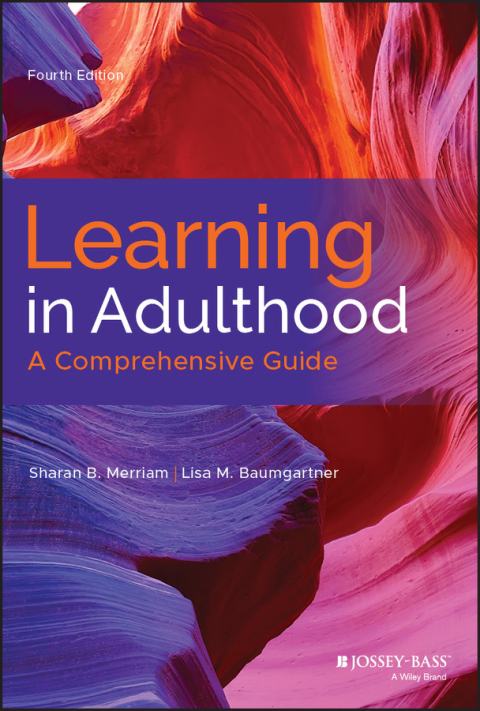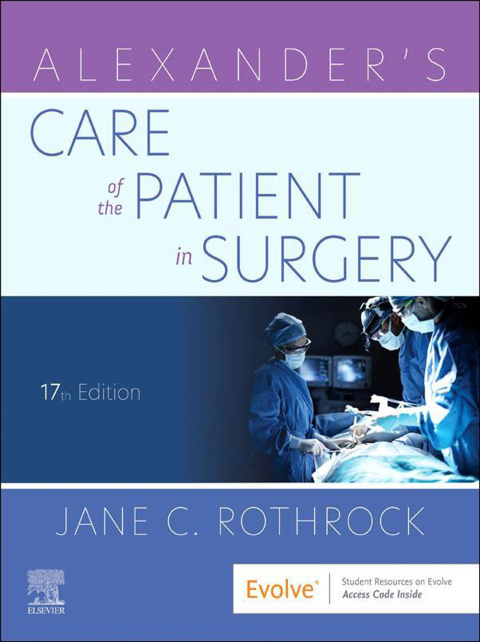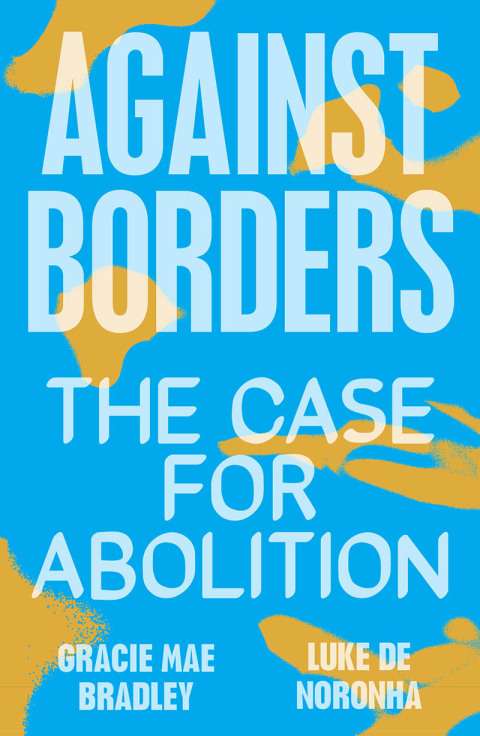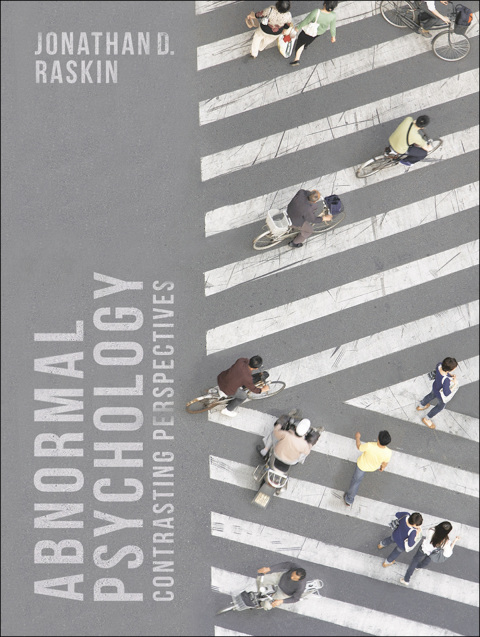Description
Efnisyfirlit
- Cover
- Acknowledgments
- Preface
- Overview of the Contents
- About the Authors
- Part I: Adult Learning in Contemporary Society
- Chapter 1: The Social Context of Adult Learning
- Changing Demographics
- Globalization
- Technology
- The Convergence of Demographics, Globalization, and Technology
- Summary
- Chapter 2: Adult Learning and Technology
- History of Distance Education: From Mail to MOOCs
- Learning Theories for Online Education
- Blended Learning
- Best Practices for Online Teaching
- Challenges in the Online Learning Environment
- Informal and Nonformal Learning and Technology
- The Future of Technology in Adult and Higher Education
- Summary
- Chapter 3: Learning Environments and Learning Concepts
- Where Learning Occurs
- Organizational Learning and the Learning Organization
- Lifelong Learning and the Learning Society
- Summary
- Chapter 4: Adult Learners: Who Participates and Why
- Who Participates?
- Why Adults Do or Do Not Participate
- Problematizing the Concept of Participation
- Summary
- Part II: Adult Learning Theory
- Chapter 5: Knowles’s Andragogy and McClusky’s Theory of Margin
- Andragogy
- McClusky’s Theory of Margin
- Summary
- Chapter 6: Self-Directed Learning
- Recent Applications
- Goals of Self-Directed Learning
- Self-Directed Learning as a Process
- Self-Direction as a Personal Attribute of Learners
- Applications of SDL and Building Research and Theory
- Summary
- Chapter 7: Transformative Learning
- Transformative Learning: Many Lenses
- Mezirow’s Psychocritical Approach
- Key Concepts in Transformational Learning
- Tensions and Issues in Transformational Learning Theory
- Summary
- Chapter 8: Experience and Learning
- Learning from Life Experiences
- Models of Experiential Learning
- Educators’ Roles and Purposes
- Instructional Methods Centering on Experience and Reflection
- Summary
- Part III: Newer Approaches to Adult Learning
- Chapter 9: Embodied, Spiritual, and Narrative Learning
- Embodied Learning
- Spirituality and Learning
- Narrative Learning
- Summary
- Chapter 10: Learning and Knowing: Eastern and Indigenous Perspectives
- Why Study Other Ways of Learning and Knowing?
- The Western/Non-Western Dichotomy, Culture, and Indigenous Knowledge
- An Introduction to Five Eastern or Indigenous Perspectives on Learning
- Common Themes Across Eastern and Indigenous Perspectives
- Summary
- Chapter 11: Critical Theory, Postmodern, and Feminist Perspectives
- Common Themes
- Critical Theory and Adult Learning
- Critical Theory in Action
- Postmodernism and Adult Learning
- Feminist Pedagogy and Adult Learning
- Summary
- Part IV: Learning and Development
- Chapter 12: Adult Development
- Four Approaches to Adult Development
- Biological Development
- Psychological Development
- Sociocultural Factors
- Integrative Perspectives
- Summary
- Chapter 13: Cognitive Development in Adulthood
- Foundational Work on Cognitive Development
- Linear and Categorical Models of Adult Cognitive Development
- Dialectical Thinking
- Wisdom: The Hallmark of Adult Thinking
- Summary
- Chapter 14: Intelligence and Aging
- Approaches to Intelligence
- Age and Intellectual Abilities
- Social Conceptualizations of Intelligence
- Intelligence, Aging, and Adult Learning
- Summary
- Chapter 15: Brain, Memory, and Cognition
- Neurobiology and the Brain
- Memory
- Memory and Aging
- Information Processing
- Prior Knowledge and Experience
- Cognitive Style and Learning Style
- Summary
- Chapter 16: Reflections on Learning in Adulthood
- The Learner
- The Context
- The Learning Process
- The Configuration of Learner, Context, and Process
- Some Concluding Thoughts
- References
- Name Index
- Subject Index
- End User License Agreement





